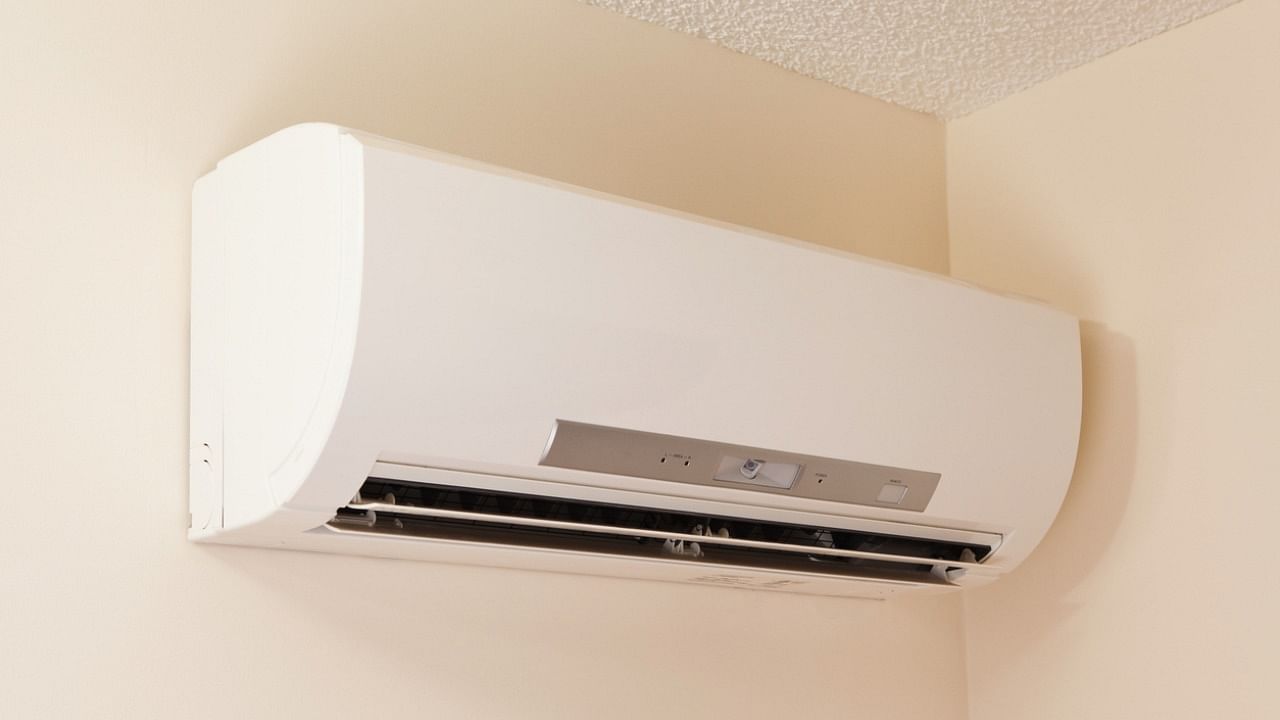
How are Bengalureans coping with the summer heat in the midst of a Covid-19 second wave? To understand their discomfort and ascertain their ways to combat it, DH interacts with a cross-section of citizens.
Jaswanth M, a resident of Binnypet, has this to say: “The golden days of the city are long gone. The heat waves are now a regular feature. There used to be a time when Bengaluru had a lot of trees. Today, we are only a Silicon City.”
This transition, he laments, has been at a great cost. “Yes, the city has transformed in terms of development. But it is not sustainable development. Trees have been felled for multiple projects such as the Metro, and that is one big reason for the heat waves,” he explains.
Also read: Scorching summer's assault on Bengaluru
He also draws attention to the fate of animals. “They are in a pathetic condition. Rising temperatures will definitely spell their death,” he says, urging people to keep drinking water outside their houses for dogs and birds. At least, this will help them tackle the heat, he adds.
Sharath Kumar M, a student of St. Joseph’s Evening College, talks about the pollution link. “Due to rising pollution and global warming, temperatures have been rising in Bengaluru. The felling of trees is a greenocide, and cannot happen in these times,” he says.
He cites industrial agriculture and palm oil production as contributing factors for deforestation. Free trade policies and extreme globalisation have brought us to this state, he adds. “Can we reverse it? I am not sure.”
H L Ramesh, a resident of Adugodi laments: “Gone are the days when Bengaluru used to look like R K Narayan’s Malgudi.” He attributes the overall rise in temperature to concretisation. “The concrete jungle has spread far and wide. The concrete pavements too act like black boxes that absorbs sunlight and emit heat,” he explains.
Also read: Air-conditioner sales pick up in Bengaluru
The government, he says, should plant more trees everywhere. “It could reduce the temperature. In our home, we use tiled roof instead of concrete. This helps in reducing the heat like the way it works in coastal areas. But air-conditioning has now become a necessity in Bengaluru, like in any other place.”
Meena Vijay, a resident of S G Palaya notes: “I feel it’s extremely hot this summer compared to previous years. It is really hard to walk on the road in the afternoon. The heat remains high even during the evening times.”
Skin complexion, she says, is getting darker. “It is a tragedy to see the mask covered area in one colour and the area without mask in another colour. The heat is also leading to many skin allergies and pimples. During night, it is a struggle to sleep due to the heat. Not everyone can afford air conditioners in their homes.”
Some people have the privilege to work from home, so they are not exposed to the sun, she points out. “The only positive is that the Covid-19 virus may not survive for long in the heat, and this just might help us control the viral spread.”